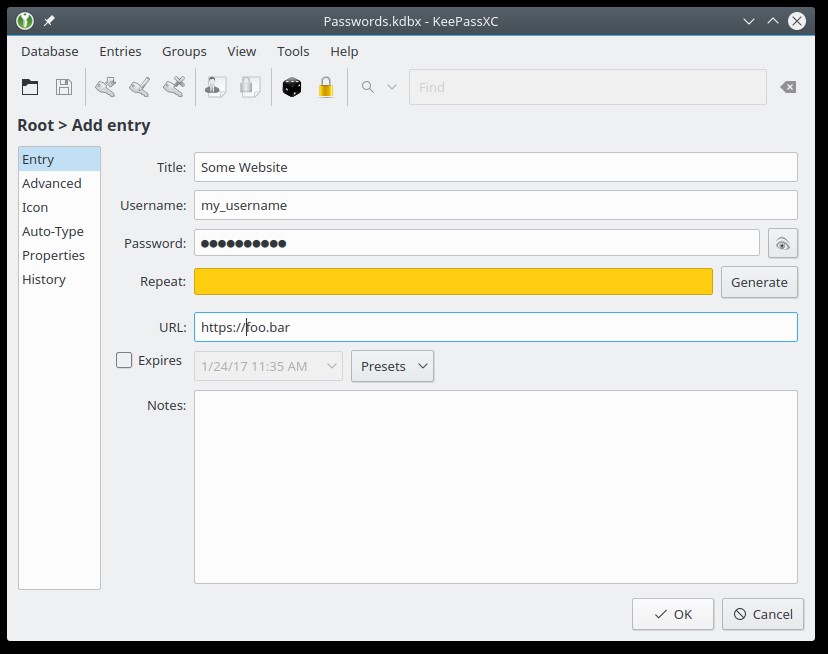
The UI and overall user experience could be better, but this is a proper and modern port of a classic that's worth checking out. It improves upon its predecessor in pretty every single aspect and works across all platforms to boot.

Choose the Chrome checkbox in KeePassXC Browser integration settings. A better and more polished version of KeePassĪll in all, if you're coming from the original KeePass app and you're looking for a new password management program, give its spiritual successor, KeePassXC, a try. Brave browser uses the Chrome storage location for native messaging. Additionally, while the user interface itself is clean, it is a bit outdated. The app could use some work to contribute to improving usability, navigation, and overall user experience. The first one is that there is a slight learning curve to take into account while using it. Apart from introducing new features and capabilities, the developers also worked on bring various performance improvements and even bug fixes that we're never fully addressed before.īefore you try KeePassXC out, do take note of a few things first. Some new features that it offers over its predecessor are a password generator and a quite useful auto-type function that works across all platforms. KeePassXC mainly uses the KeePass 2.x password database format to save and store data, while the older 1.x versions will be automatically converted for better compatibility. All data is secured using 256-bit encryption and can even be transferred over to various cloud storage services if you wish. It lets you store and manage sensitive information such as login credentials and other personal details in a single.

While the latter only works on the said operating system, the former offers cross-platform compatibility support. Now that a user has exported this CSV file, they can then import them to a centralized folder of their choice using the KeePass for Pleasant Password Server.KeePassXC is essential a community-driven port of the popular password management software for Windows called KeePass.



 0 kommentar(er)
0 kommentar(er)
